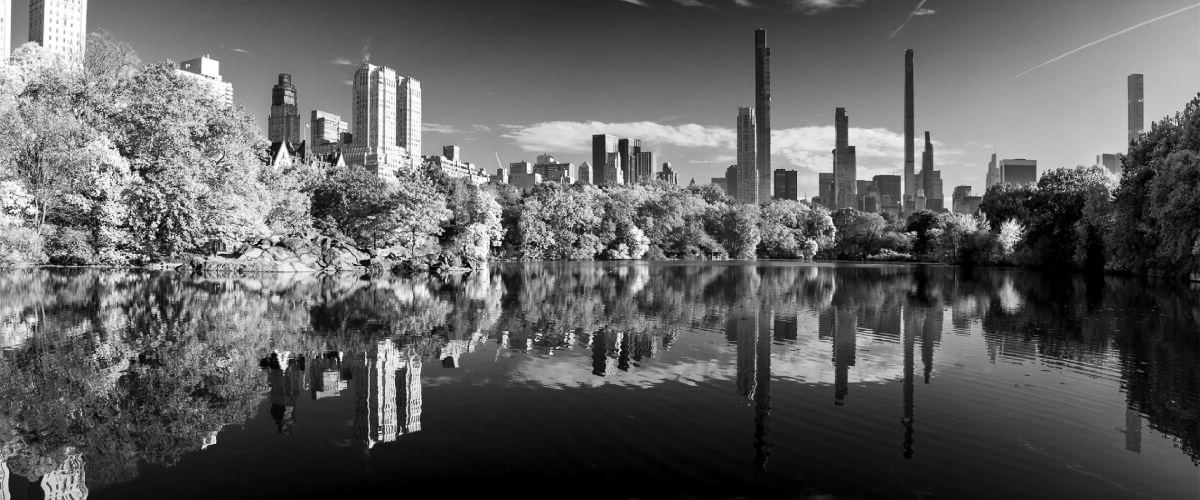
Beyond Black and White: Leveraging Monochrome Photography for a Modern Design Twist
Monochrome photography offers a timeless appeal that transcends trends, making it an excellent choice for adding a modern design twist to any interior space. The simplicity of a monochrome palette—whether it’s classic black and white or an array of other single-tone hues—can create a dramatic and sophisticated atmosphere that enhances a room’s overall aesthetic.
The Versatility of Monochrome: Beyond Just Black and White
While black and white photography is the most recognized form of monochrome art, the world of monochrome is vast and versatile. Embracing other shades—such as deep blues, warm sepias, or soft grays—can add unique flair to your decor. A single-toned photograph, like a sepia-toned portrait or a blue monochrome landscape, can introduce subtlety and mood, creating a more nuanced visual narrative. Use these images as focal points in neutral spaces to introduce a splash of color without overwhelming the room. Experimenting with different monochrome tones allows you to play with light, shadow, and contrast, adding depth and texture to your walls while maintaining a modern, cohesive look.

Creating Contrast and Depth with Monochrome Photography
Monochrome photographs are powerful tools for creating contrast and depth in a space. The absence of color draws attention to shapes, lines, and textures, making these elements stand out more prominently. In a minimalist or contemporary setting, a large monochrome photo with high contrast can serve as a striking centerpiece, adding a layer of sophistication and visual intrigue. For a more dynamic feel, mix different shades and intensities of monochrome photography in a gallery wall arrangement. This technique breaks the monotony and keeps the eye moving, adding layers of interest without cluttering the space.
Pairing Monochrome Art with Modern Design Elements
Monochrome photography pairs exceptionally well with modern design elements, such as clean lines, metallic finishes, and geometric patterns. The simplicity of monochrome photos complements these features, allowing the room to feel cohesive and balanced. For example, a black and white cityscape photographed in a sleek metal frame can enhance a modern, industrial-style living room. At the same time, soft gray botanical prints can add elegance to a Scandinavian-inspired bedroom. Monochrome images also work well with textured materials, such as exposed brick, polished concrete, or reclaimed wood, creating a rich, layered look that feels both contemporary and inviting.